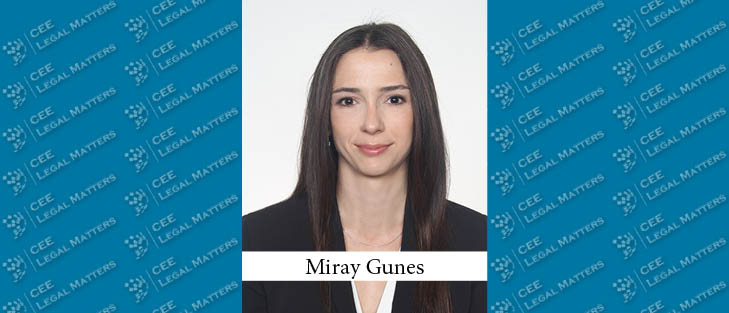An act of “whistleblowing” is usually defined in different vocabulary within the frameworks of management sciences and law perspective. A whistleblowing act happens when a person within or outside an organization, holding sensitive information regarding illegal, unethical, or abusive activities, or any action creating a risk to harm the organization, decides to speak out, to internal or external authorities. Whistleblowers are essentially the messengers who convey the information they have somehow acquired.
Two controversial approaches emerge when it comes to positioning whistleblowers in the psychology of an organizational environment: the first considers whistleblowing as an activity that benefits the organization and community; the second considers it as an inappropriate behavior of spying that is not ethically correct, has negative consequences and may put the organization or the individuals working in the organization in a difficult situation.
According to the Occupational Fraud 2024: A Report to the Nations prepared and published by the Association of Certified Fraud Examiners, the most effective method of detecting internal fraud and corruption was whistleblowing, with a rate of 43%. In institutions where training is organized on how to prevent and detect corruption and abuse, the rate of abuse detected through whistleblowing mechanisms increases to 56%. Judging by the data, it is no secret that whistleblowers play an active role in revealing non-conformities and that it is required or, at least, it would be beneficial to include whistleblowing in the scope of corporate governance in one way or another.
So, how can we use this system in the most effective manner and not shoot the messenger?
In the act of whistleblowing, there are three actors who have their personal agendas: the whistleblower raising the report, the authority receiving the report, and the person(s) related to the subject of the report.
A whistleblower is expected to be acting in ethical concerns or pursuit of justice; however, they as well might be driven by humanistic motives such as jealousy or competition. The authorities receiving a report may tend to stay silent on it for various reasons. Finally, the person(s) who is/are related to the subject matter of the report may come back with a hostile reaction. In order to make whistleblowing – a human behavior-centered mechanism – well-functional and useful, it becomes an important issue to create solid and easy-to-understand rules balancing the roles among the actors, though it is evident that human motives cannot be completely eliminated or managed.
In Turkiye, specific legal regulations on whistleblowing may not exist at all, or exist only within the required scope in terms of positioning the whistleblower within corporate governance, evaluating data confidentiality, whistleblower protection conditions, and similar perspectives. The first step would, therefore, be to select and implement a legal regime by evaluating all the unique characteristics of the organization. It is important to clearly set out standards, simple and easy-to-understand content of the subject matter actions, identify the assigned authority and a step-by-step explanation of procedures on how to reach them, procure the security or protection of the whistleblower by providing the option to raise a concern in complete confidentiality, reflect a clear view “against retaliation,” ensure whistleblowers understand that any reports that do not reflect the truth or are made in a hostile grievance are not welcome, and, finally, implement rewards. All these would help in enabling and promoting individuals to take part in the mechanism.
Could “having created the perfectly formulated policy and a mechanism” be sufficient to embed whistleblowing implementations into the organizational environment? As the Bartleby column describes in How to Read Corporate Culture in The Economist, “culture eats strategy for breakfast, runs the aphorism. It also projectile vomits employees who don’t fit in.” Without integrating the whistleblowing mechanism into the company culture – which is no different than the other implementations – its success, unsurprisingly, will likely be a long shot. Commitment to whistleblowing by the high-level organizational members, training enabling the participants to understand how and when to use the whistleblowing mechanism, proper, consistent, and sincere follow-up of the applications, and providing feedback to the whistleblowers in a consistent manner.
Thanks to whistleblowing, organizations have the opportunity to avoid potentially harmful acts and transactions before incurring any damage to their reputation and financial situation. At the same time, whistleblowers gain a place in corporate governance. Thus, whistleblowing works bidirectionally toward creating a healthy corporate culture that benefits all.
By Miray Gunes, Head of Legal, Energo-Pro Turkiye













